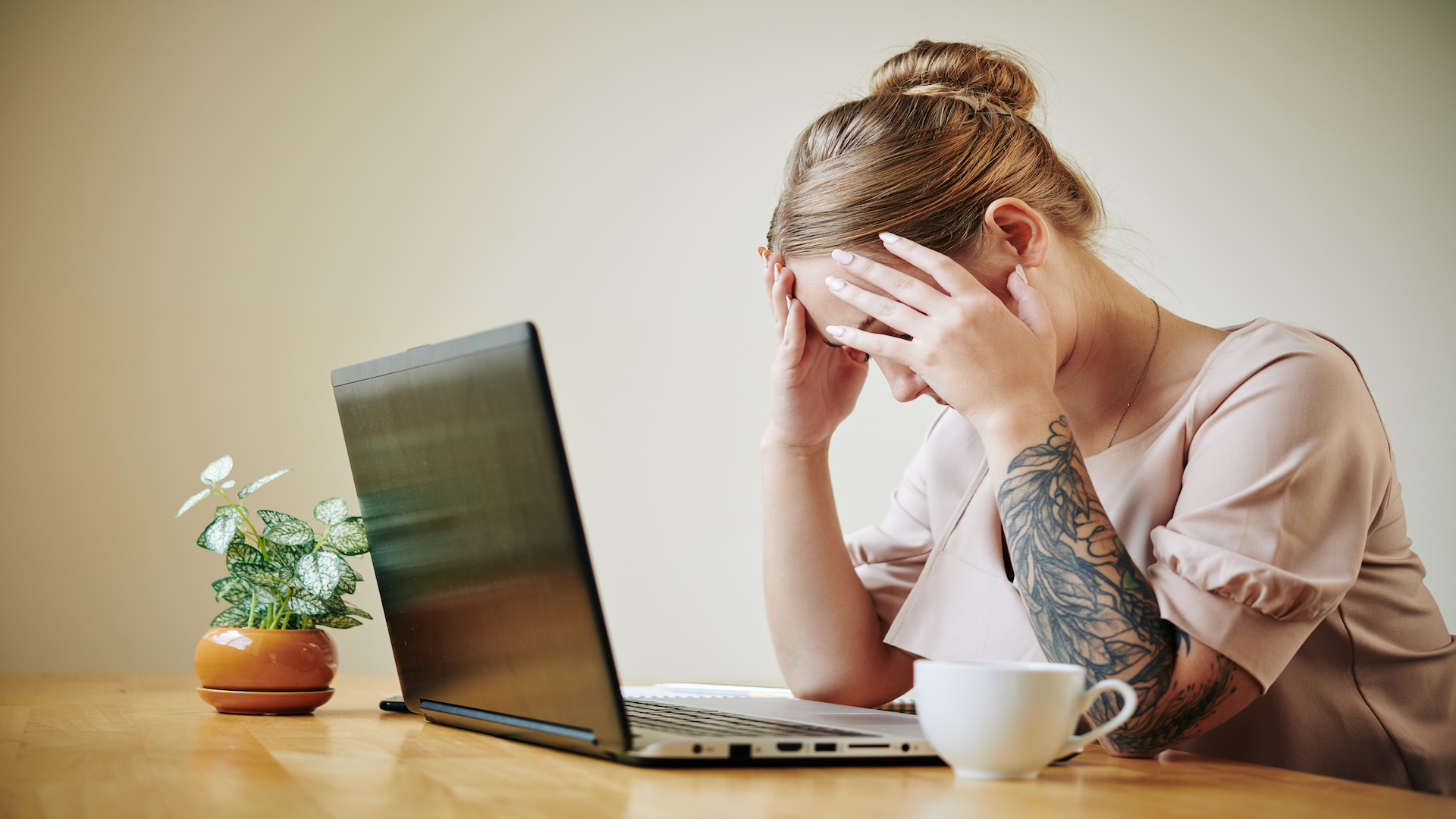It’s safe to say that current events have us all a little on edge. A lot is changing in our world, both personally and professionally, and these rapid, significant changes can take a toll on our mental health. As this crisis unfolds, it’s essential to take inventory of how you are feeling and to make sure you are taking care of yourself. We’ve put together a short guide on how to make your mental health a priority and prevent burnout during these uncertain times.
Signs of Burnout
Everyone experiences some level of stress at home and in the workplace, but burnout isn’t just regular stress. Burnout has some very specific signs that you should watch out for:
- Exhaustion – Both mental and physical, leading to head and body aches and changes in sleep patterns and appetite
- Isolation -Being overwhelmed can cause some to distance from family and avoid social gatherings.
- Irritability – Burnout often makes those who experience it easily irritated, quickly losing their cool with friends, colleagues, and loved ones.
- Illness – Those who experience burnout are often not taking care of their health, or their immune response is taxed, potentially leading to frequent illness.
- Depression or Anxiety – The feeling of being overwhelmed may lead to mental health concerns like bouts of depression or high anxiety.
How to Prevent Burnout
So how do you combat burnout, especially in these times of higher stress? Some easy ways to relieve stress include:
- Exercise – Get moving. Exercise is not only good for your physical health, but it can provide an emotional boost as well. And while gyms and parks may be temporarily inaccessible due to the current pandemic, there are tons of ways to workout at home and while practicing proper social distancing. Start small. Short videos on YouTube, quick walks around the block, or dusting off that old piece of exercise equipment are all great ways to get going and make it easy to add to your daily routine.
- Eat a Balanced Diet – In times of stress, it is easy to forego your regular eating habits for either over- or undereating. Keep your meals on a schedule and ensure that you are getting your recommended daily intake of nutrients.
- Practice Good Sleep Habits – Sleep helps us reset. Losing sleep means that your body is not getting ample time to rest and repair. Sleeping too much can cause grogginess. Setting a schedule and sticking to it will help you keep your body in the best possible condition to take on each day’s stressors.
- Set Aside Time for Relaxation or Hobbies – Self-care is vital. Few things are so important that you can’t find a little time to carve out of your day to take care of you. Even if it is just a few minutes, take a break, meditate, or participate in a craft or activity you enjoy. This can help you recharge and take your mind off the things that may be leading to burnout.
- Get a Change of Scenery – It’s always good to get a change of scenery, especially during the various COVID-19-related shelter-in-place orders. Making a habit of getting a little fresh air daily by going on an outdoor walk, working from a patio or porch, or even moving your workspace to a new location every now and then can help you reset your perspective, both literally and figuratively.
- Ask for Help – If you need help, ask. Your employer, family, and friends all understand that sometimes life can get to be a little more than you’re used to handling. And that’s ok. Getting the support you need is only a phone call or chat message away. You may also wish to seek the help of a professional. Many providers are conducting counseling sessions via video methods, so those who need it can get the help that they need during this time.
These are just a few suggestions to help you prevent burnout while we all transition to this new normal. There are many other resources available that can help you navigate these feelings of high stress. For helpful mental health resources specifically related to stress, check out the links below.
National Institute of Mental Health
Stay open and stay honest with how and what you are feeling with your family and your employer. You can and will make it through this challenging time, even if right now it doesn’t seem like it. Stay strong.




